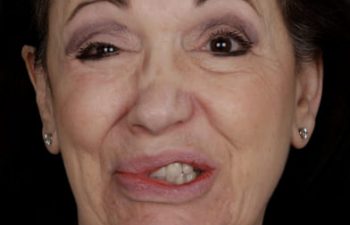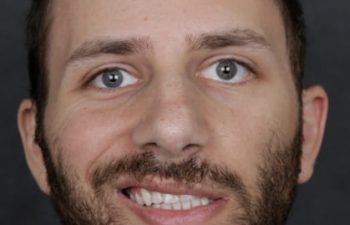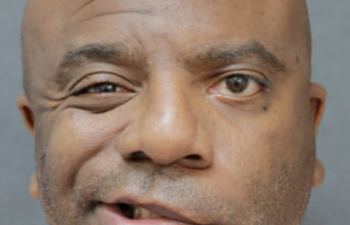Diagnosing and Treating Bell’s Palsy: What You Should Know

If you or someone you know experiences sudden weakness or paralysis on one side of the face, it could be a sign of Bell’s palsy. This is a condition that affects the facial nerves, leading to facial muscle weakness or paralysis. While the exact cause is unknown, it is believed to be triggered by a… Continue reading









